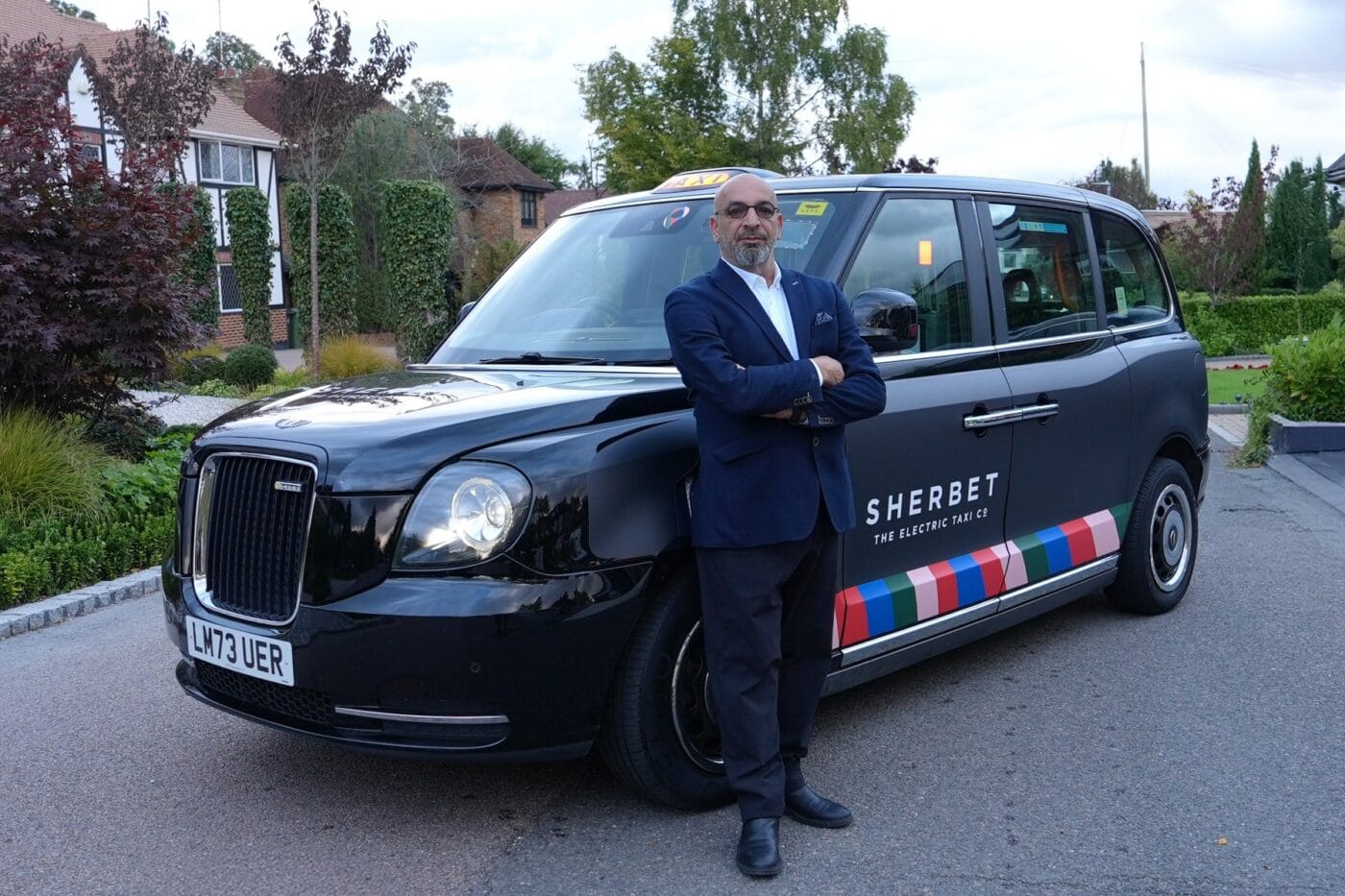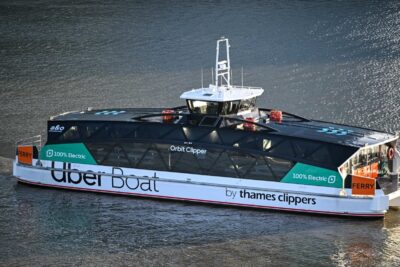UK electric ‘black cab’ firm Sherbet nabs £40m investment
Founded in 2013 by former cabbie Asher Moses, Sherbet currently operates a fleet of around 550 electric black cabs in London. The company hopes to scale that number up to 3000 over the next three years, using the fresh capital to fund vehicle purchases and expand internationally.
Beyond fleet growth, the investment will help Sherbet develop its digital platform integrating driver bookings, data insights, and out-of-home advertising. The company says the system is designed to boost driver earnings and job security, while also feeding anonymised traffic, road safety and environmental data back to city authorities. The company is also investing in training for new entrants to the ‘Knowledge School’, i.e. the extremely strict and rigorous training procedure that black cab drivers must undergo in order to receive their licence.
Sherbet positions itself as a moderniser of the London taxi trade, operating an Uber-like ridehailing platform which enables passengers to book and order black cabs from licensed drivers. This contrasts with the traditional style of ridehailing that many London cabbies still deploy today – namely, passengers simply flagging them down as they drive past. In 2018, TfL banned new diesel-powered taxis from operating on London streets, many London cabbies have already adopted electric black cabs. Some of the most popular models include the LEVC TX, which is produced by Geely subsidiary the London EV Company in the UK. In 2019, Sherbet itself purchased 125 LEVC TX cabs, and these continue to make up the bulk of its fleet. Today, Sherbet claims to have the UK’s fastest-growing electric black cab fleet.
Asher Moses, CEO at Sherbet, said: “This investment marks a turning point, not just for Sherbet, but for the future of the black cab industry. The black cab is a globally recognised symbol of London – trusted, iconic, and deeply woven into the city’s identity. Yet for too long, it’s lacked a dedicated guardian committed to its modernisation. Our mission is to step into that role, not only to preserve its heritage, but to equip the trade with the technology, data and scale it needs to thrive in the current modern mobility landscape.”
Source: Info via email





0 Comments